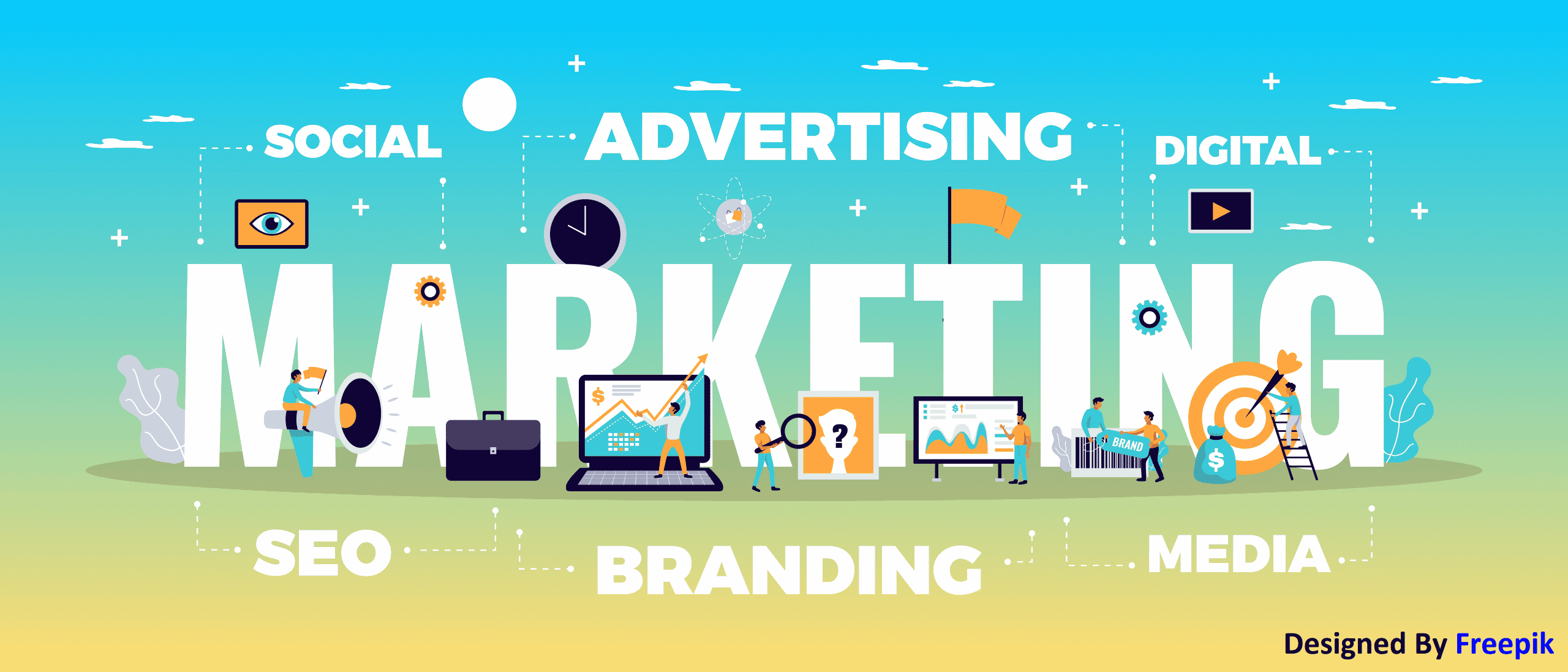One can enhance traffic to their website; some are also turning to internet marketing. SEO and SMM are the two most common ways to promote your website.
SEO stands for Search Engine Optimization, whereas SMM stands for Social Media Marketing, the most recent of the three. Let’s learn more about SEO and SMM.
SEO (Search Engine Optimization):
SEO is a term for search engine optimization, a collection of strategies aimed at improving the visibility and positioning of web pages in organic search results. Because organic search is the most commonly used method for people to discover and access online information, a robust SEO plan is critical for increasing the quality and number of visitors to your website.
How does SEO work?
Search Engines use BOTS to maneuver through websites collecting information about the web pages and indexing them. An index is like a library where the librarian can retrieve a book (in this case, a web page) you want.
Following that, algorithms analyze pages in the index by taking hundreds of ranking variables or signals into consideration to determine how pages appear in search results for a given query. In the analogy stated above, the librarian has read every book to know the best answers to your questions.
SEO’s Importance in Marketing
The definition of SEO can be divided into three parts to understand its importance:
- Organic Search Results: Unpaid listings on a search engine results page (SERP) are selected by the search engine to be most relevant to the user’s query. Ads (often known as PPC or pay-per-click ads in this context) dominate SERPs. Organic search results differ from these adverts in that they are positioned based on the organic ranking algorithms of the search engine rather than by advertiser bids. You cannot pay to rank better in organic search results.
- Organic Traffic Quantity: The traffic quantity states the number of individuals arriving at your site through organic search results. Users are likely to click on search results near the top of the SERP, so utilize your SEO approach to rank the relevant pages high. With more high-quality visitors, more worthwhile conversions will increase.
- Organic Traffic Quality: You can attract all the traffic, but it is only relevant if they come because Google tells them. For instance, if you’re a resource for Apple laptops when you’re selling apples, the visitors are likely to depart without converting. Visitors interested in the products, information, or other resources the site provides constitute high-quality traffic. High-quality SEO takes advantage of a search engine’s efforts to match a user’s search intent to the web pages listed in the SERP.
SMM (Social Media Marketing):
Social Media Marketing (SMM) sells a company’s products and services on social networks. SMM allows businesses to communicate with existing consumers to promote their desired culture and mission. Marketers can track the success of their efforts using data analytics tools designed specifically for social media marketing.
There are also a variety of social media management solutions available to assist businesses in making the most of the social media networks described above. Buffer, for example, is a platform of social media management tools that can assist in achieving success with social media marketing; this helps success in developing a brand or growing the business.
Social media has transformed, with approximately 4.1 billion internet users and about 3.1 billion social media users.
According to a survey of over 600 social media users conducted by ‘The Manifest,’ people regularly visit a range of social media networks through a mobile app or PC web browser.
Importance of Social Media Marketing:
Social media is usually used for increasing brand exposure. According to Hootsuite, public social feeds account for 52% of online brand discovery. In other words, most individuals find out about new brands through social media.
Every day in 2019, people spent 2 hours and 24 minutes. And this statistic has increased as well: time spent on social media has climbed by 1.4 percent resulting in excellent means to not only contact your target audience but also interact with them over time.
Every year, social networks become more critical in terms of increasing sales. In 2019, for example, 43 percent of internet users utilized social media to investigate products before purchasing. Although only 12% of people are ready to click a “purchase” button on Facebook or Instagram, social media plays an extensive role in the early phases of the buyer’s journey.
Resource:
https://moz.com/learn/seo/what-is-seo
https://sendpulse.com/support/glossary/social-media-marketing
https://www.techfunnel.com/martech/social-media-marketing-guide/
https://www.tzisolutions.com/blog/what-are-seo-sem-and-smm-what-are-the-main-differences#:~:text=SEO%2C%20SEM%20and%20SMM%20are,these%20three%20online%20marketing%20platforms
Disclaimer:
Wherever any material is quoted as sourced from the published text with publishing rights vested in an individual, it is stated that it is a pure quotation and has no intention to claim it as our own.
Image Source: www.freepik.com





